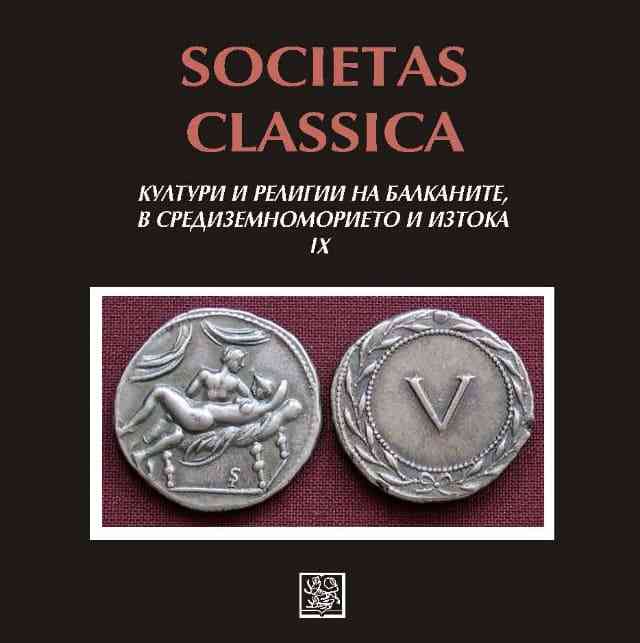Сикофантите в Древна Атина – възникване и развитие на термина
The Sycophants in Ancient Athens: Origin and Evolution of the Term
Author(s): Stela Moneva
Subject(s): History, Language and Literature Studies, Theoretical Linguistics, Ancient World, Lexis
Published by: Великотърновски университет „Св. св. Кирил и Методий”
Keywords: ancient Athens; fig; religion; sycophant; snitching; judiciary
Summary/Abstract: In this research work, attention is paid to the unattractive term „sycophant“. The root of the work „fig“ is taken as a starting point in the study. Initially, this noun connected the term with the primitive agricultural cults and the rites of fertilization. The solving of the set out task goes through the tracing of the fate of the words „fig“ and „sycophant“ in ancient literature. On the basis of the studied source data, generally two semantic circles could be outlined: the one – when the word „sycophant“ is used in its religious meaning, and the other – when it bears a „judicial“ meaning. In the 30s of the 5th century BC, the meaning of the word shifted and sycophant already meant an „informant”, a „spy“. Ancient Athens judiciary incorporated this practice and during the next 4th century BC snitching thrived but in the atmosphere of total contempt on the side of the citizens of Athens.
Book: Societas Classica. Култури и религии на Балканите, в Средиземноморието и Изтока. Том 9
- Page Range: 339-345
- Page Count: 7
- Publication Year: 2017
- Language: English, Bulgarian
- Content File-PDF

